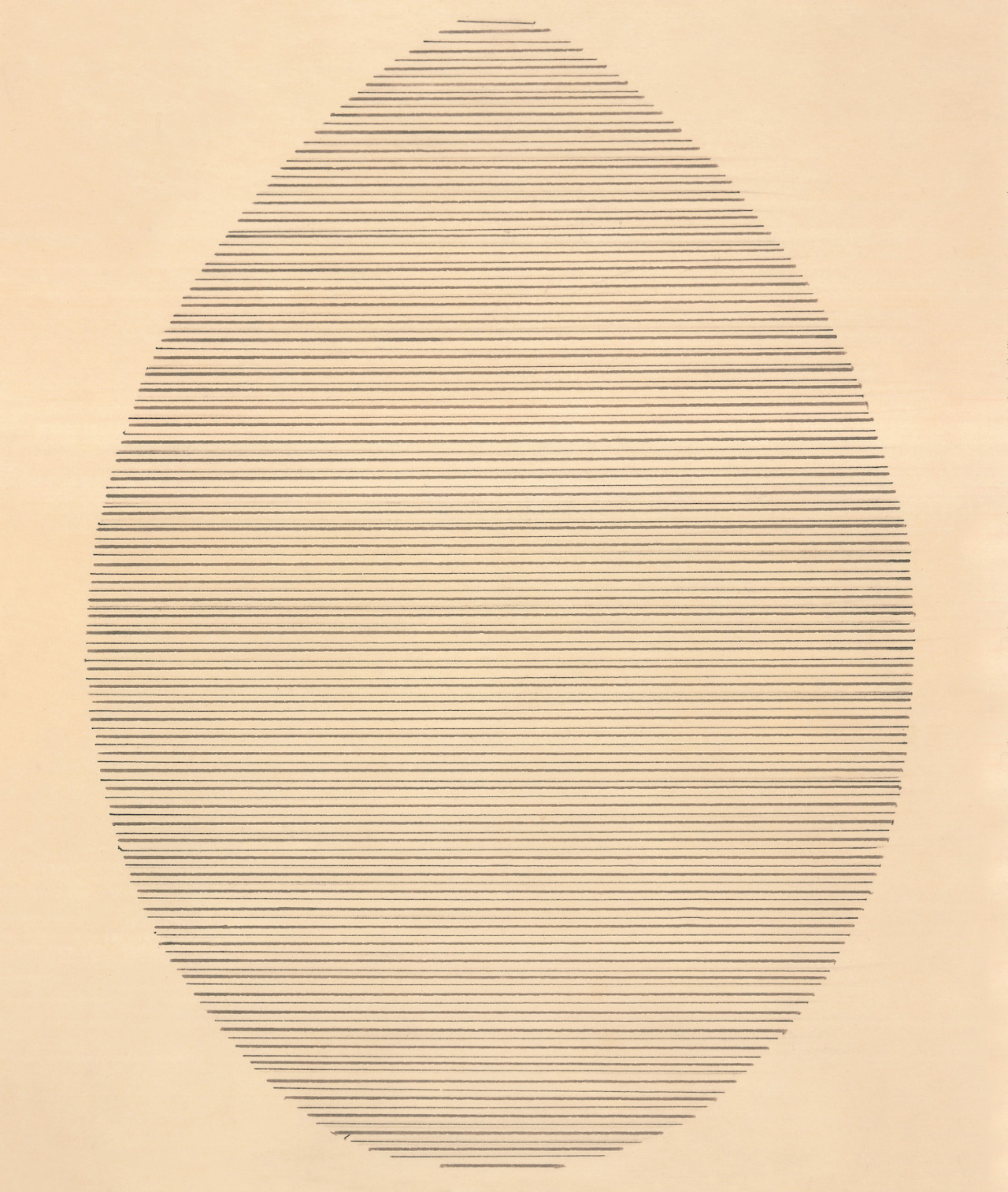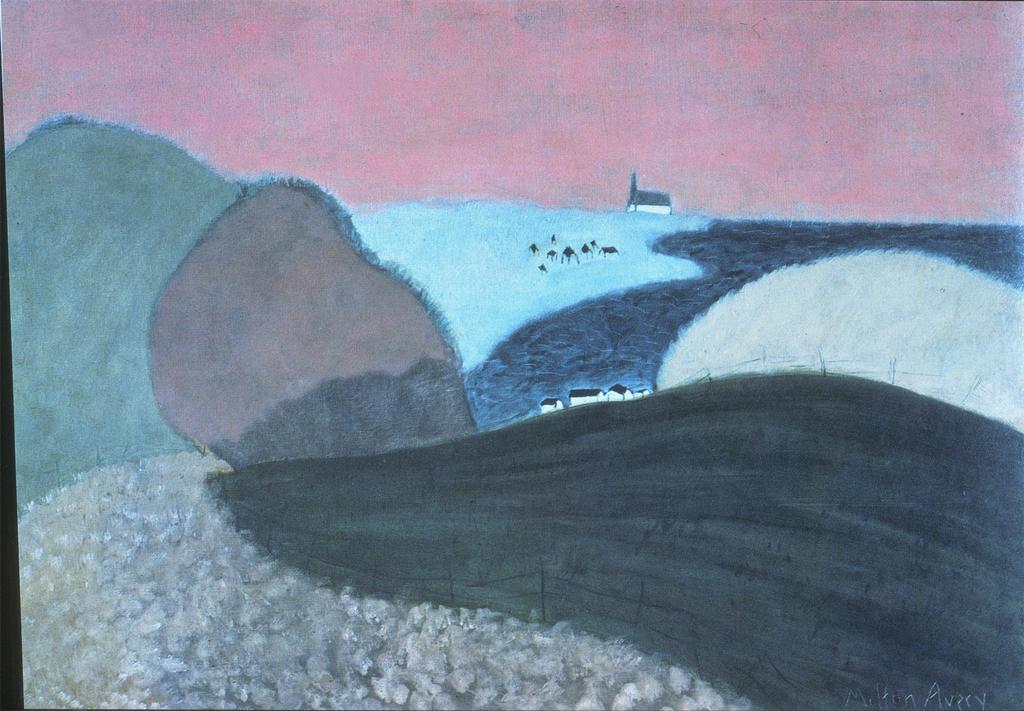Commentary on nature, visual and performing art, travel, politics, movies, and personal ideas
Thursday, July 7, 2016
Veterans - Mom and Dad, Jane's father
Lanny had these made for our parents when Cedar Falls built a Veteran's Memorial. (The dates are their service years). Richard Allen is Jane's father.
Monday, July 4, 2016
PAINTING - Dan Attoe
Somewhat adolescent, at least, young, a bit perverse, sneaking, peeking. So reminiscent of Giorgio di Chirico's evocations of the eerie sublime, seductive, lurking threat, or Dali's magical realism.
I was remembering how much fun it was to teach these artists to teenagers. The scenes made by these painters resonated for most - suited their emotional need to be risk-thrilled.
Delightful paintings by a youthful sensibility, which reaches across age. I wouldn't make paintings like this anymore - too conceptual, too narrative-driven, too fast to fizzle...the problem with thrill is that "it's gone".
 |
| Desert Abduction, 2009 Painting - Oil on canvas over panel 36 x 48 inches (91.4 x 121.9 cm) |
 |
| Landscape with Water |
 |
| Summers At Waterfall 2 2014 Oil on gesso on canvas, stretched over panel 11 1/4 x 10 inches |
 |
| The Scrape |
 |
| Add caption |
Sunday, July 3, 2016
A most significant passing, and WESTERN LANDSCAPE PAINTERS, Coeur D'Alene auction
Elie Weisel, passed after a life of burning testament and courage. Is there a pit deeper in human experience than this? Read "Night" and never forget.
He and his family, and his foundation, lost their life earnings in the Bernie Madoff scandal. Said Weisel: "
[Madoff is a sociopath and a scoundrel] but I've seen worse."
COUR D'ALENE WESTERN ART AUCTION - Compelling Landscapes
and lots of Indians, cowboys, horses...ugh.
The sentimental delights of genre.
 |
| EDGAR PAYNE (1883-1947) Sierra Trail oil on canvas 25 x 30 inches |
 |
| MAYNARD DIXON (1875-1946) Clouds of a Summer Afternoon (1945) oil on canvas laid on board 16 x 20 inches |
 |
| GERARD CURTIS DELANO (1890-1972) Navajo Ponies oil on board 20 x 24 inches |
 |
| Maynard Dixon, "Lonesome Camp", 1927 |
 |
| Sydney Laurence, "Fish Boat Marine" |
 |
| JEAN MANNHEIM (1861-1945) Sierra Madre [or] Mt. Lowe from the Foothill Boulevard (circa 1919) oil on canvas 54.5 x 41.5 inches |
 |
| MAYNARD DIXON (1875-1946) Clouds of a Summer Afternoon (1945) oil on canvas laid on board 16 x 20 inches |
 |
| Edgar Payne, "The Narrows, Canyon de Chelly" |
 |
| Joseph Sharp, "Autumn Landscape, Taos Canyon" |
 |
CARL OSCAR BORG (1879-1947), Monterey Cypress
|
 |
| EDGAR PAYNE (1883-1947) Shadowed Peaks oil on canvas 24 x 28 inches |
Friday, July 1, 2016
excerpts from the day: The School of Life, Wayne Thiebaud
The School of Life - wish I'd thought of this! a secular life-coach, live wisely psychotherapeutic life lessons school of self help based in London.
Among its ideas: personal strengths have a flip side - a negative dimension of "weakness" which results when the strength is mis-applied, isn't appropriate to the circumstance. Someone who is a detailed perfectionist may become a fine surgeon but drive others nuts because the kitchen isn't clean enough.
Wayne Thiebaud, 95, still a favorite, in my view an under-appreciated painter. The landscapes are subtle, intriguing, playful compositions, improvisations with formal perspective, the palette a distinctive, unique resolution of complementarity.
 |
| River - the delta area of the Sacramento, I think |
I had the pleasure of meeting him at a California Arts Education Association conference in about 1990. He has just donated several artworks to UC Davis, where he taught for many years. He has a good sense of humor - among the things he said was that he always taught beginning classes because those students didn't ever catch him up.
 |
| Grey City |
 |
| Rosemary Troeckel at Grant, Mauser
Love this weaving and its contradictions about the flag, irregularity, and correct placement.
|
 |
| Tejon Ranch - from LA Audobon Society website posting ab out a field trip |
Friday, June 3, 2016
BOOK REVIEW: The Door, by Magda Szabo; or Good Help is Hard to Find
This book was highly praised by The New York Review of Books. I didn't twinge at the narrative summary - a woman who becomes involved in the life of her housekeeper, but I should have.
Spoiler: My opinion is that of a privileged American woman with littler tolerance for muddled unreasonable individuals.
A narcissistic writer who becomes a literary success needs help managing her household because she doesn't have time to write. Her husband is an oblivious paleolithic male who doesn't seem to think he needs to help her. She doesn't think there's anything wrong with this picture.
She hires a highly recommended housekeeper but allows her to set her own hours, and choose her own tasks and menus. Personal boundaries break down between the woman and her housekeeper and she quickly becomes an obnoxious tyrant. The writer allows herself to be trampled by cruel judgments, harsh criticisms, and outrageous relations, I guess because she's spoiled by the high quality service and food (when she gets it), and feels guilty because of class distinctions.
The writer discovers how tragic events damaged her good and faithful servant; the Holocaust and the Hungarian uprising make grievous wounds. Housekeeper has made her victimhood into self-tyranny and primitive obdurance, inflicted upon everyone else.
In the end, the housekeeper's own home is dirty and hoarded full of junk, and whatever valuable furniture she was going to receive from the housekeeper is found to be full of worms and worth nothing.
The keeper from this: some people construct unassailable protected defense mechanisms that are so filled with anger they can't be saved. Even protecting them from themselves is impossible. So this is news? To whom?
PAINTING: Agnes Martin, LACMA
Oh, dear. Sometimes I think I love the philosophy, intentions, and writings of Minimalist abstract expressionists more than I love the actual artworks.
That said, I love Agnes Martin's work - all of it. She seems to be to be the perfect pure artist, refined, filled with joyful and kind intention and attention, empty of self, transcended and suspended in the moment, in the world yet fully in spirit, a true vector for glimpsing the Tao, and accepting the self and its limits, as Freud concluded we must.
Looking at her work is like always being able to hear the distant and poignant whistle of the train.

In this photo, so stoic, present, and resolved, gazing with full knowingness, and the quality of borne pain it carries - Agnes Martin reminds me so much of photographs of my grandparents and great-grandparents from the late 1800's and early 1900's - German farmers tough of spirit, dour, and almost sullen as the face the camera. Of course, they didn't smile because they had to hold still for so long to expose the film, right?
So what and who does she make me yearn for? For Martin Avery, for Mark Rothko, for Sean Scully.
That said, I love Agnes Martin's work - all of it. She seems to be to be the perfect pure artist, refined, filled with joyful and kind intention and attention, empty of self, transcended and suspended in the moment, in the world yet fully in spirit, a true vector for glimpsing the Tao, and accepting the self and its limits, as Freud concluded we must.
Looking at her work is like always being able to hear the distant and poignant whistle of the train.

In this photo, so stoic, present, and resolved, gazing with full knowingness, and the quality of borne pain it carries - Agnes Martin reminds me so much of photographs of my grandparents and great-grandparents from the late 1800's and early 1900's - German farmers tough of spirit, dour, and almost sullen as the face the camera. Of course, they didn't smile because they had to hold still for so long to expose the film, right?
So what and who does she make me yearn for? For Martin Avery, for Mark Rothko, for Sean Scully.
 |
| Midwinter, 1954 |
 |
| Untitled, 1959 |
 |
| Untitled, 1960 |
No one talks or writes much about whether Martin's diagnosed schizophrenia shaped her art, how, and how much. As I look at the body of work, I think I feel the grid as a cage, a prison always settled over her being in which she worked ceaselessly with as much precision as she could bring to bear to explore the possibilities of her constrained existence.
Of course, that's what we've all got, right? The ultimate non-knowing subjective state of what we can know and not know we don't know; the physical constraints of perception, the body and time which construct that grid..
Of course, that's what we've all got, right? The ultimate non-knowing subjective state of what we can know and not know we don't know; the physical constraints of perception, the body and time which construct that grid..
How satisfying, now beautiful, how right.
 |
| Friendship, 1963 paper |
 |
| The Egg, 1963 ink on paper |
 |
| Untitled, 1995 oil on canvas, 6"x6' |
 |
| Mark Rothko |
 |
| Sean Scully, Home |
ART: Grazing the Internet, Edward Kienholz, Rachel Whiteread
Rachel Whiteread's artwork, "Cabin", is being installed on Governor's Island in New York City. It's a reverse concrete cast of a small outlying building. Looks so marvelous with the sophisticated architecture behind it, a ghost-dwelling for those who seek America first spiritually and then in body.
 |
| 5 Car Stud, 1969-1972, Edward Kienzholz |
The effect Kienholz' installations had on me when I was in my 40's was ultimately political, didactic, pandemic agreement. I was an art equivalent of a demagogue - familiar refrain these day, yes? - ranting at injustice. Look, see what misery, horror, loneliness, suffering, injustice really looks like? Stop it now! Make it stop!
In my 70's now, it seems that a much less egotistical narcissistic reaction occurs. It's quiet, grieving: a perspective sees that the earth constricted in spatial and temporal bands of suffering and injustice that can never be forgotten - not one death redeemed, all lost. It must be pushed until death, another level of Sisiphys-ian existence.

Subscribe to:
Posts (Atom)










